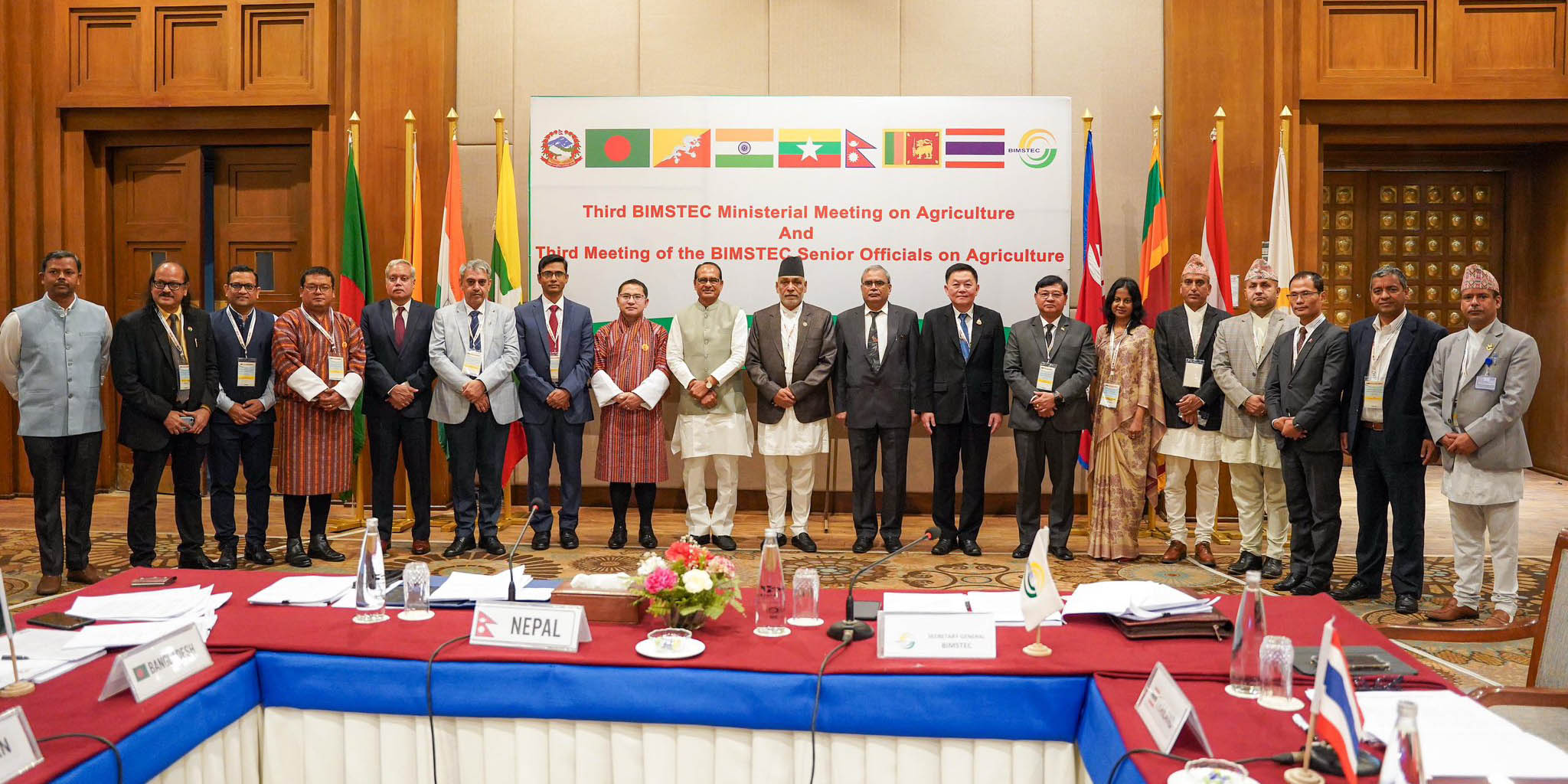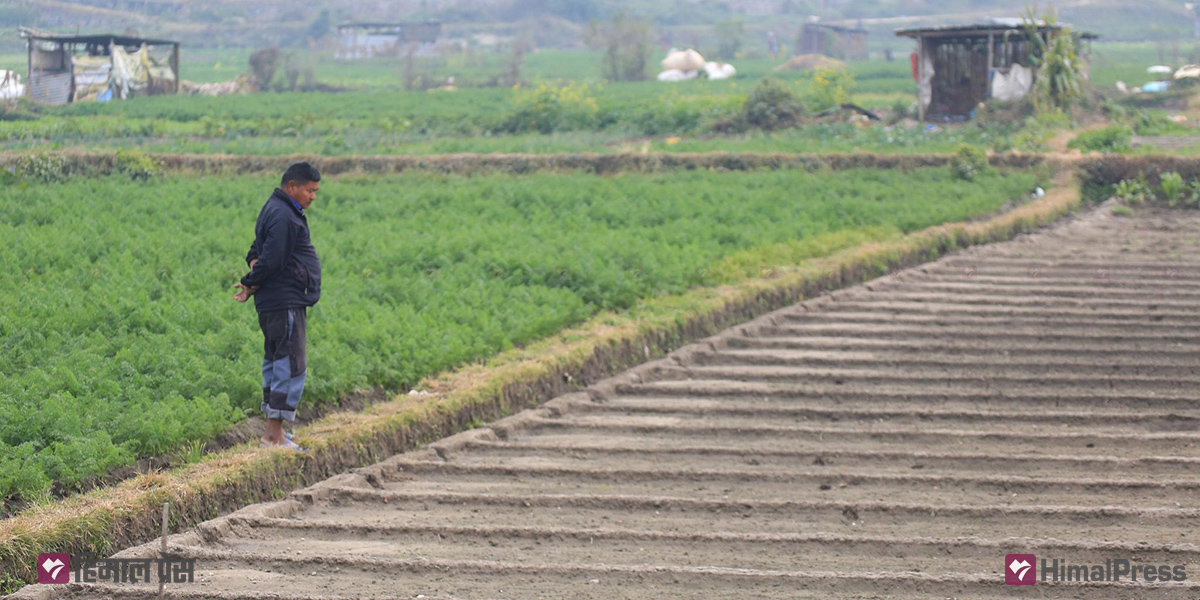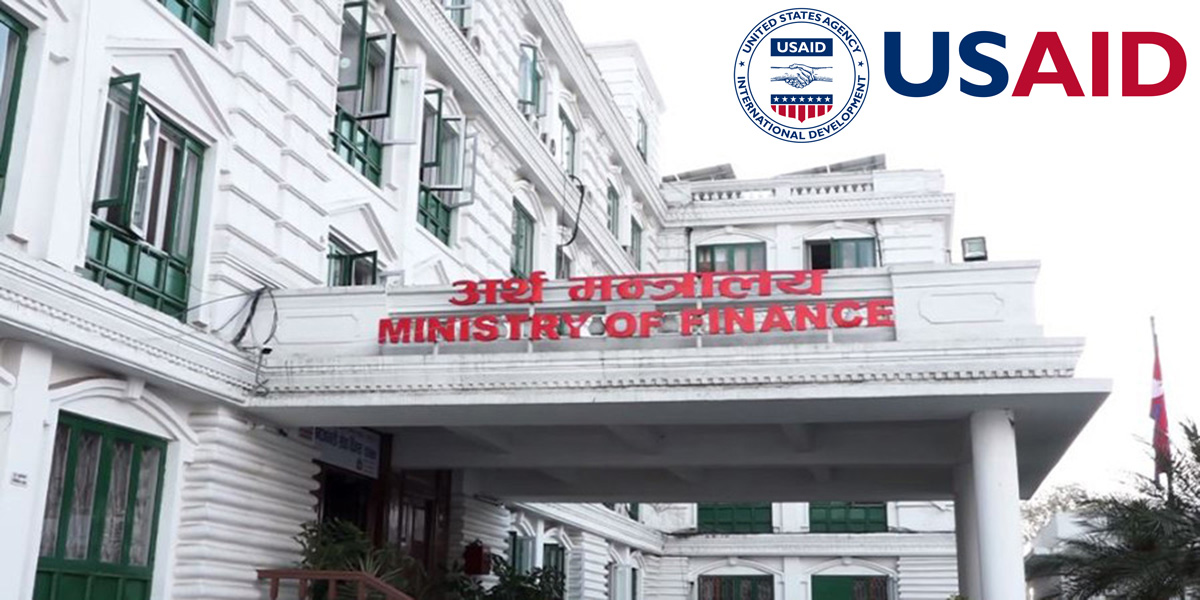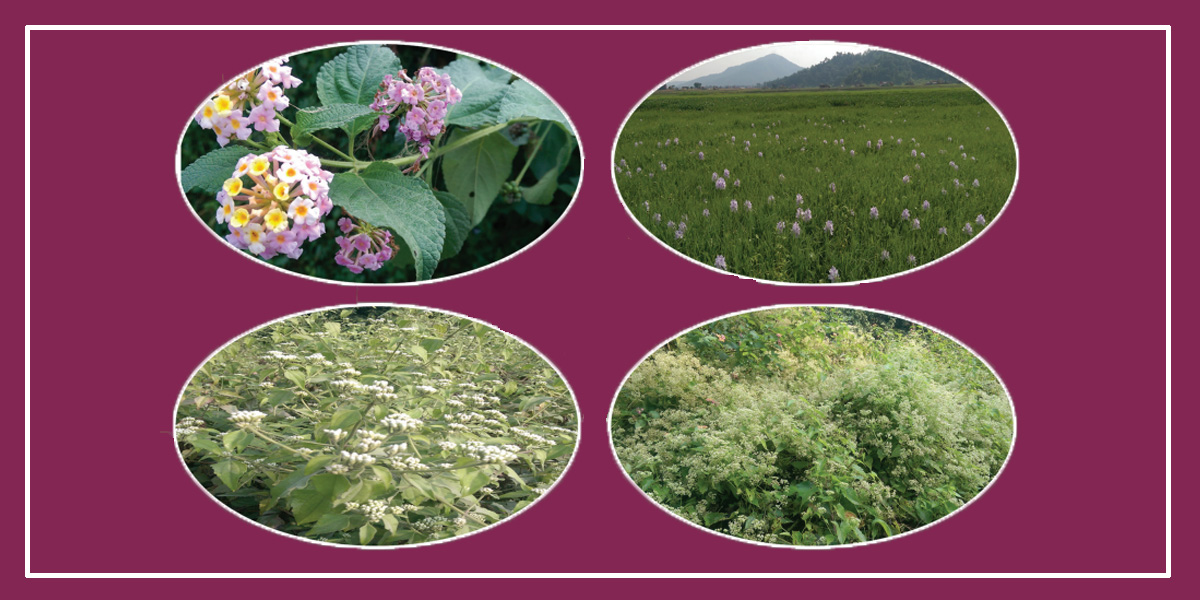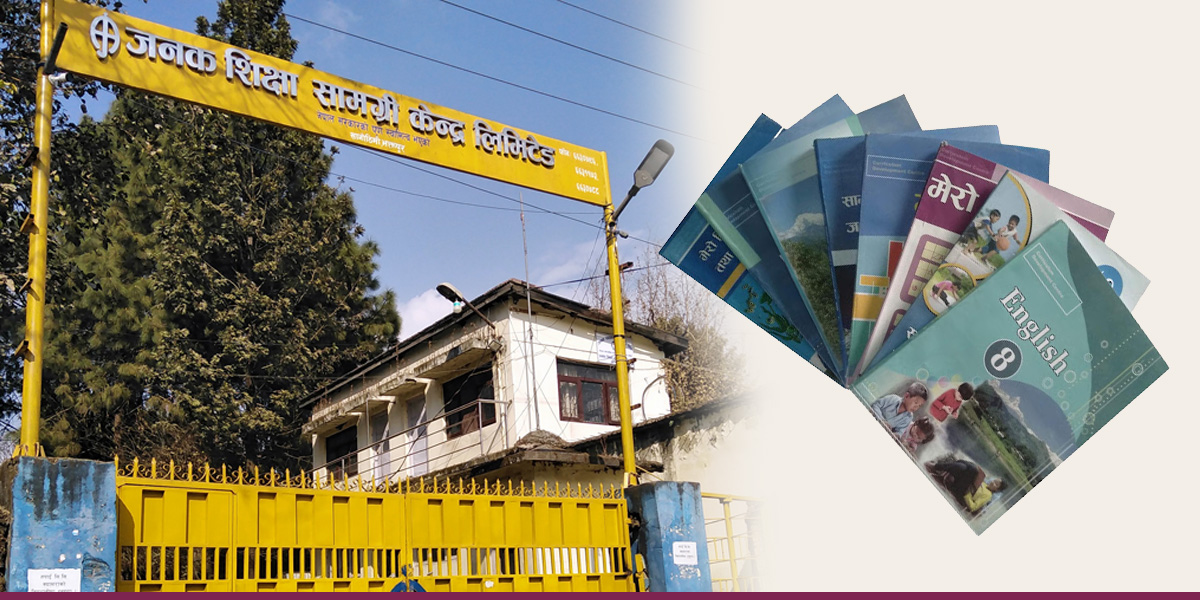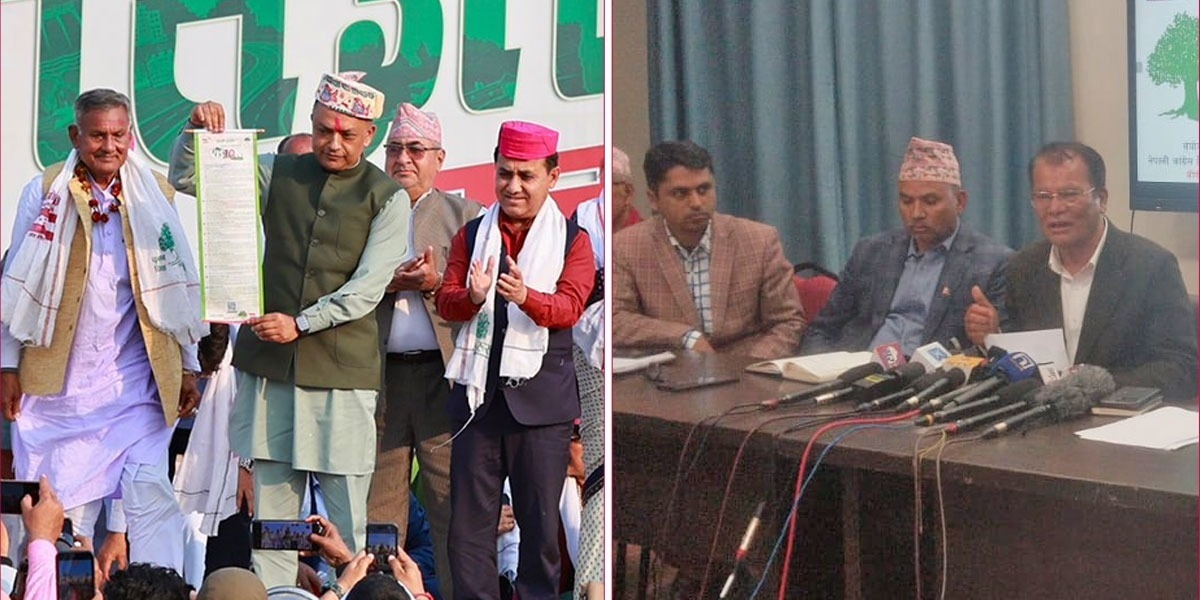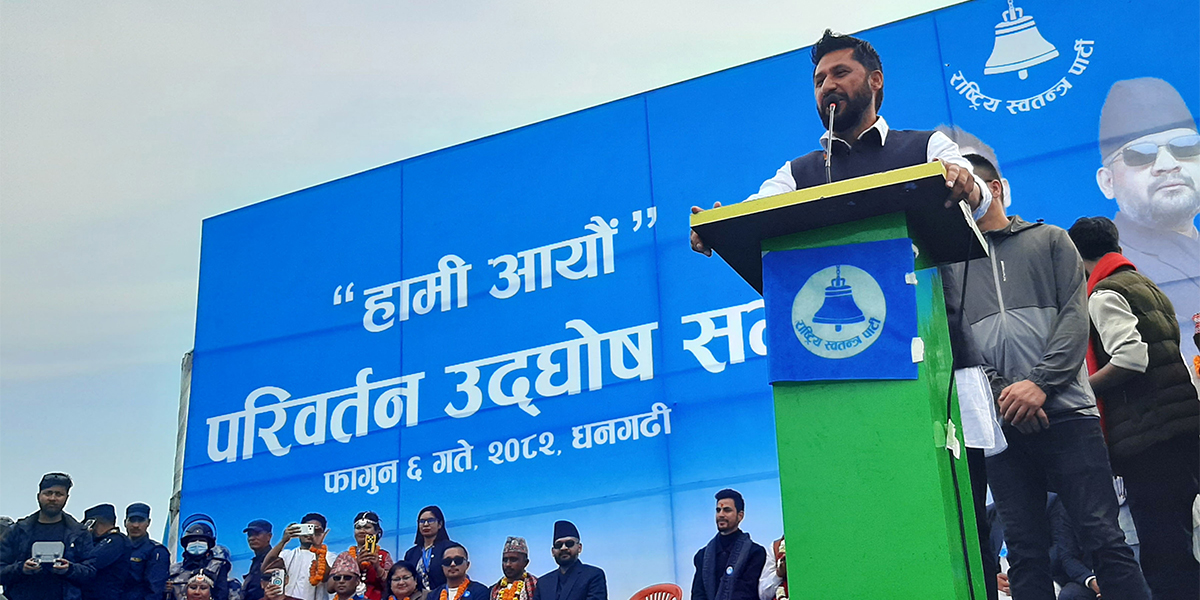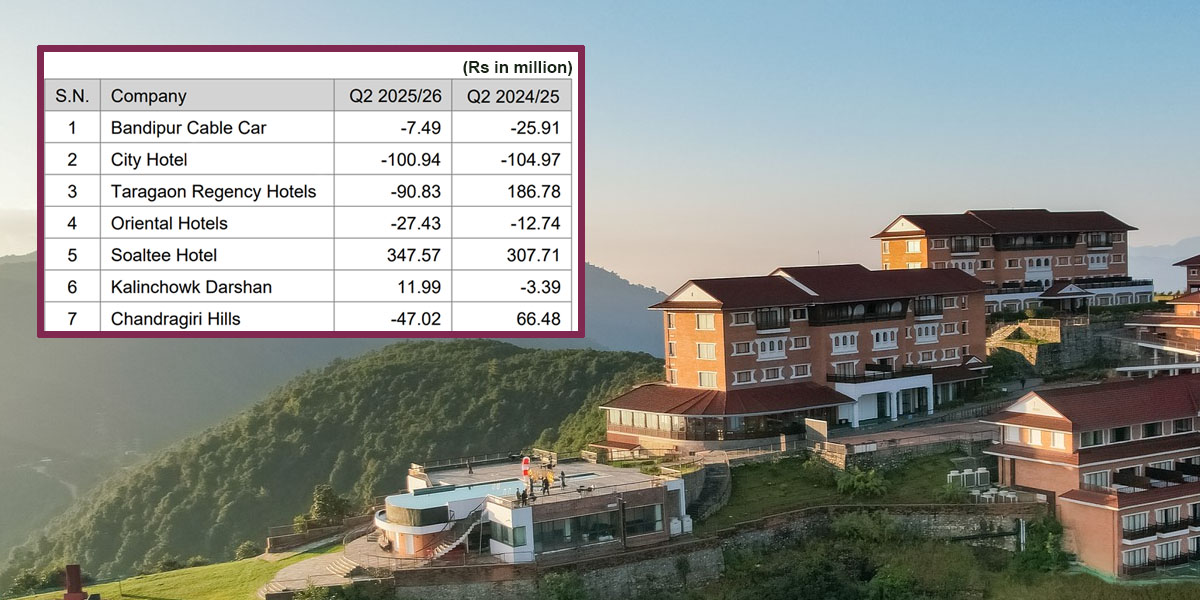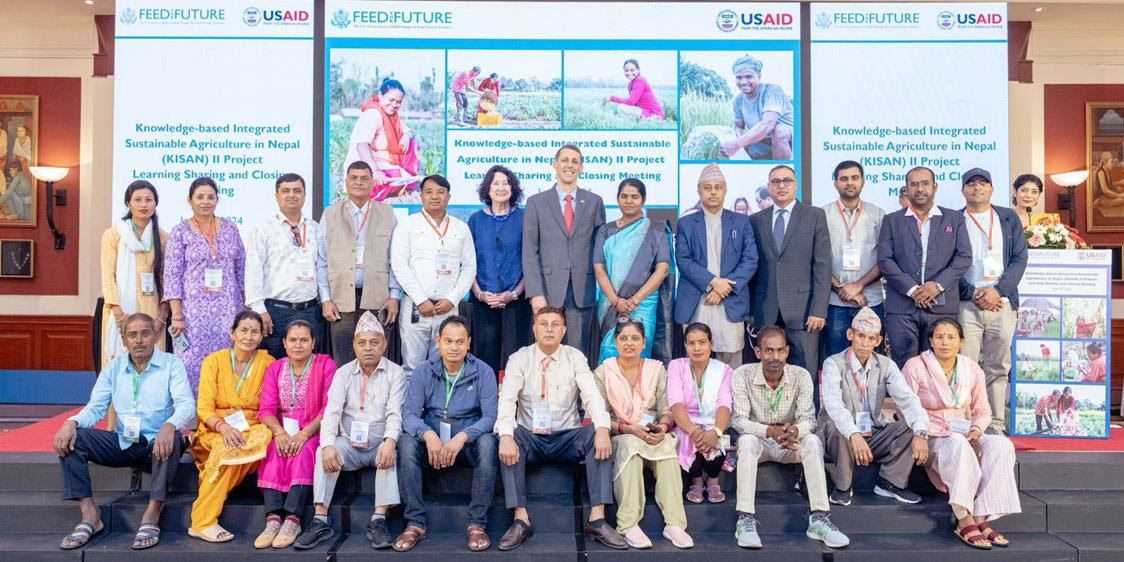
KATHMANDU: The United States Agency for International Development (USAID) marked the completion of its knowledge-based Integrated Sustainable Agriculture in Nepal (KISAN) II project with a knowledge-sharing event, showcasing its significant achievements to boost agricultural productivity and incomes of farmers and agribusinesses.
Implemented from July 2017 to July 2024, USAID’s KISAN II project supported over 270,600 farmers, including 73% women and 63% from marginalized groups, according to a press statement issued by USAID. “The strong partnership between the USAID, the Government of Nepal and the private sector significantly increased agricultural productivity and sales across 25 districts in Nepal.”
The KISAN II project partnered with 177 firms and supported nearly 600 extension workers to help farmers access markets and finance and become more competitive while providing over 35,000 farming households with irrigation systems. This support helped increase production by 139% and lead to $476 million of farm sales., according to USAID.
Chargé d’affaires of Mission of the US Embassy, Jason Meeks, said they were proud to help Nepali farmers harness the potential of the country’s agriculture to increase their incomes, expand their access to healthy foods in local markets, and improve the country’s overall food security and prosperity.
Likewise, Minister of Agriculture and Livestock Development Jwala Kumari Sah said the KISAN II project introduced the Rice Mill Model and Maize Aggregation Model, helping millers and aggregators support farmers and buy produce at fair prices. “The success of Rice Model led to its adoption by government bodies. KISAN II also facilitated the Joint Sector Review, aiding in the review and prioritization of the Agriculture Development Strategy. The government is now institutionalizing this review mechanism for long-term use,” she added.

 Himal Press
Himal Press 
